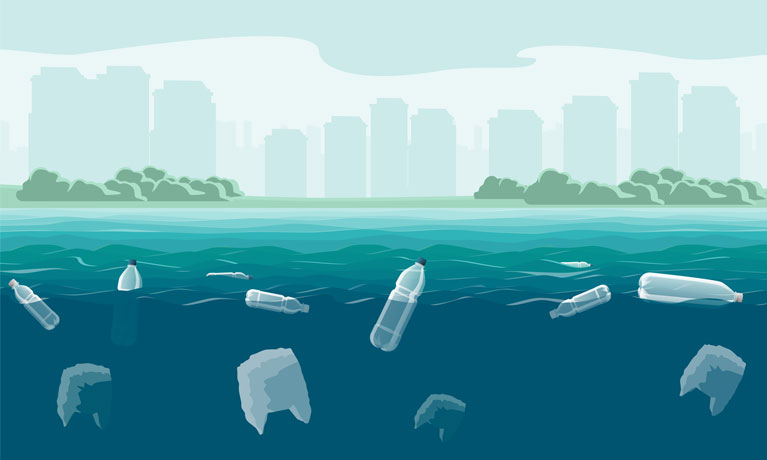By Macarena Beltran, Jordon Lazell, Benny Tjahjono, David Bek and Anna Bogush
The second of three UK Social Innovation labs focusing on the sustainability of bioplastic packaging was held on the 10th of June 2021. Participants representing a wide range of stakeholders, including producers, retail, consumers, NGOs, and important organisations that are part of the bioplastic packaging supply chain, joined to hear from expert speakers and participate in a workshop exercise.
The event kicked off with a reminder of the mission of the SIMBIO project from Professor Benny Tjahjono from Coventry University. The SIMBIO project seeks to address the bioplastic packaging sector’s economic, social and environmental challenges through social innovation methods. This lab focused on agreeing and expanding on potential solutions. This was informed by the findings of the first lab, which provided a number of recommendations for sustainable pathways moving forward. https://www.simbioresearch.com/seeing-the-system-report-uk-report/. System Thinking concepts to guide the selection of impactful solutions were also introduced by Dr Macarena Beltran from Coventry University.
Following this introduction, the event featured a presentation from Paul Thompson. Paul leads the Compostable Material Certificate Scheme at REAL (Renewable Energy Assurance Limited) as well as feeding into wider organics policy development. Paul gave a detailed overview of the certification scheme and its importance in overcoming the contamination issues that conventional plastic cause in compost generation from waste materials. Paul highlighted the need for certification to be combined with clear messaging for end-users to ensure proper disposal.

The second speaker, Rob Whitehouse, is the Waste Reduction Project Coordinator for Garden Organic. He coordinates council-funded waste reduction projects to reduce household food waste and supports the master composter programme. Rob’s presentation focused on the consumer views and his organisation’s experiments with composting bio-plastic materials, explaining the barriers against further bioplastic use. Rob highlighted some of the challenges that households and local authorities are facing in composting bioplastics materials and the potential of long term legislative and labelling solutions such as banning plastic bags.

The event then featured a workshop exercise whereby participants first ranked and then prioritised six solutions. These were ranked with the imperative of communication with consumers coming out on top, followed by the need for more work in the area of certification standards & guidelines and finally, the need to address the end of life management of compostable packaging products. Participants were also asked to select the most “infuriating” packaging product that is a good candidate for compostable plastics. Very interesting views of participants were collected about the replacement/development of different daily used packaging. Breakout sessions delivered ample discussion on the complexities of these priority areas with participants also considering what stage of success these solutions might reach in 10 years’ time.





Comments are disabled